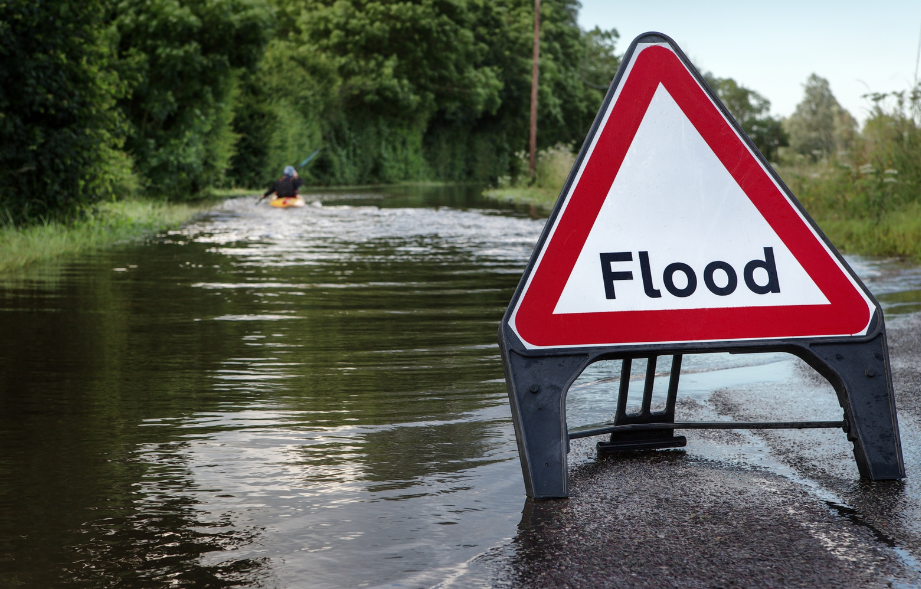Your Active Voice
Take our survey for the Lincolnshire sport and physical activity sector

In the wake of devastating floods that have submerged parts of Lincolnshire, many asset owning sports clubs and community organisations have found themselves grappling with the aftermath of nature's fury.
The recent inundation, highlighted by the BBC, wreaked havoc in Lincolnshire, leaving club's facilities waterlogged, equipment damaged, and infrastructure compromised. Many have experienced substantial damage, impacting their ability to operate and serve their communities effectively. Clubs have been left unable to host events, engage members, and provide essential sporting services with our counties most popular team sports seasons looking to get back underway after the festive break.
However, amidst the deluge of challenges, avenues for recovery and resilience stand firm, offering hope and support to affected sports clubs and community organisations. One such example, detailed by Squash Mad, showcases the worldwide support garnered by a Horncastle Squash Club grappling with court flooding in the wake of Storm Babet back in November 2023. This instance sheds light on the pivotal role community solidarity and external aid play in rejuvenating sports clubs post-flooding. The club are halfway to achieving their £15,000 crowdfunding target.
The BBC have also reported on the case of Carholme Golf Club near Lincoln where golfers have rallied round to plug a hole in a waterway with 2,800 sandbags.
Sports clubs confronted by flooding setbacks can adopt a number strategies to navigate the aftermath and increase their resilience:
Mitigation Measures:
1. Infrastructure Reinforcement: Investing in flood-resistant infrastructure, such as flood barriers, raised flooring, and water-resistant equipment, can mitigate damage during future flooding episodes.
2. Insurance and Risk Management: Ensuring comprehensive insurance coverage tailored for natural disasters is crucial. Conducting risk assessments and implementing appropriate risk management strategies aid in proactive preparation.
3. Community Engagement: Leveraging community support through crowdfunding, engaging local businesses, and rallying members to volunteer time, skills, or resources fosters solidarity and aids in recovery efforts.
Securing Additional Support:
1. External Funding: Exploring governmental grants, sports governing body assistance programs, or foundations offering disaster relief funds can provide critical financial aid.
Support by District (check details for eligibility)
2. Crowdfunding Initiatives: Launching crowdfunding campaigns tailored to the specific needs of the sports club can mobilize widespread support from local communities and beyond.
3. Community Appeals: Harnessing the power of social media and local outreach to garner support, whether through donations, volunteer work, or partnerships with businesses, bolsters the club's restoration efforts.
The case of Horncastle Squash Club, serves as a fantastic example of harnessing the power of community, bringing life back to the venue and supporting a rejuvenated sports club scene.
As Lincolnshire sports clubs deal with the aftermath of flooding, resilience becomes their cornerstone. By embracing mitigation strategies, seeking external support avenues, and fostering community cohesion, these clubs can embark on a path of recovery, transcending the challenges posed by nature's unpredictable forces. To further support clubs and community groups, in meeting the challenges of climate change, Active Lincolnshire host a number of useful links and resources on our Environmental Sustainability page.